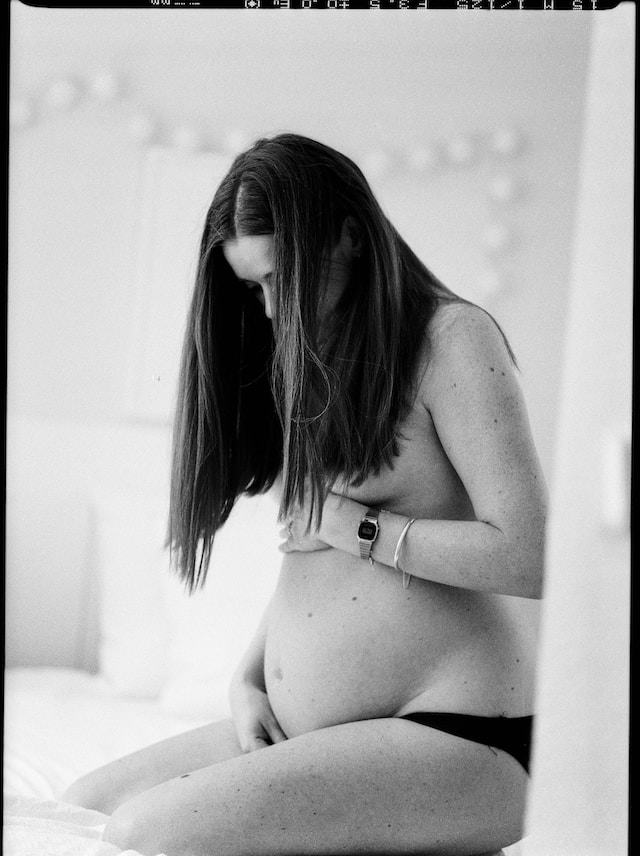Postpartum depression (PPD) is a topic that has gained increasing attention in recent years, shedding light on the emotional challenges faced by new mothers. While the condition has become more widely recognized, there are still aspects of PPD that often go unspoken. In this article, we delve into the lesser-known aspects of postpartum depression, aiming to raise awareness and foster understanding.
Postpartum depression is a mental health disorder that affects approximately 1 in 7 women after giving birth, according to the American Psychological Association. It is important to note that PPD is not a reflection of a mother’s love or competence; rather, it is a complex interplay of biological, hormonal, and psychological factors.
One aspect that often goes unmentioned is the intense guilt and shame that mothers with PPD experience. Society places immense pressure on new mothers to be joyful and ecstatic after the birth of their child. However, for those grappling with PPD, these expected emotions may be clouded by sadness, anxiety, and a profound sense of inadequacy. Sarah, a mother who experienced PPD, shared, “I felt guilty for not being overjoyed and connected to my baby. I thought there was something wrong with me as a mother.”
Another aspect that often remains unspoken is the impact of PPD on the entire family unit. While the mother bears the brunt of the emotional burden, PPD can strain relationships with partners, other children, and extended family members. The exhaustion and emotional distress can lead to a ripple effect, affecting the overall dynamics within the household. David, a partner who witnessed his wife’s struggle with PPD, candidly shared, “It was difficult for me to understand at first, but I had to learn to be patient, supportive, and educate myself about PPD. It was a journey we went through together.”
The social stigma surrounding mental health can exacerbate the silence around PPD. Many women hesitate to seek help due to fear of judgment or being labeled as unfit mothers. Consequently, they suffer in silence, often believing they are alone in their struggle. Raising awareness about PPD can help dismantle this stigma, allowing women to seek the support they need without shame or embarrassment.
It is essential to recognize that postpartum depression is a treatable condition. Seeking professional help, such as therapy or medication, can greatly alleviate symptoms and support a mother’s recovery. Building a strong support system, consisting of loved ones, healthcare professionals, and support groups, is crucial for navigating the challenges of PPD.
Moreover, healthcare providers play a critical role in identifying and addressing PPD. Regular postpartum check-ups should include comprehensive mental health assessments to ensure early detection and timely intervention. By integrating mental health into routine postpartum care, we can help women receive the support they need before PPD takes a severe toll on their well-being.
In conclusion, postpartum depression is a multifaceted and often misunderstood condition. By shedding light on the lesser-known aspects of PPD, we aim to foster understanding, empathy, and support for mothers experiencing this challenging journey. It is time we break the silence, encourage open conversations, and provide resources to ensure that no mother feels alone in her struggle.
If you or someone you know is experiencing symptoms of postpartum depression, it is crucial to reach out for help. With the right support and treatment, mothers can find their way back to emotional well-being, enabling them to fully embrace the joys and challenges of motherhood.




